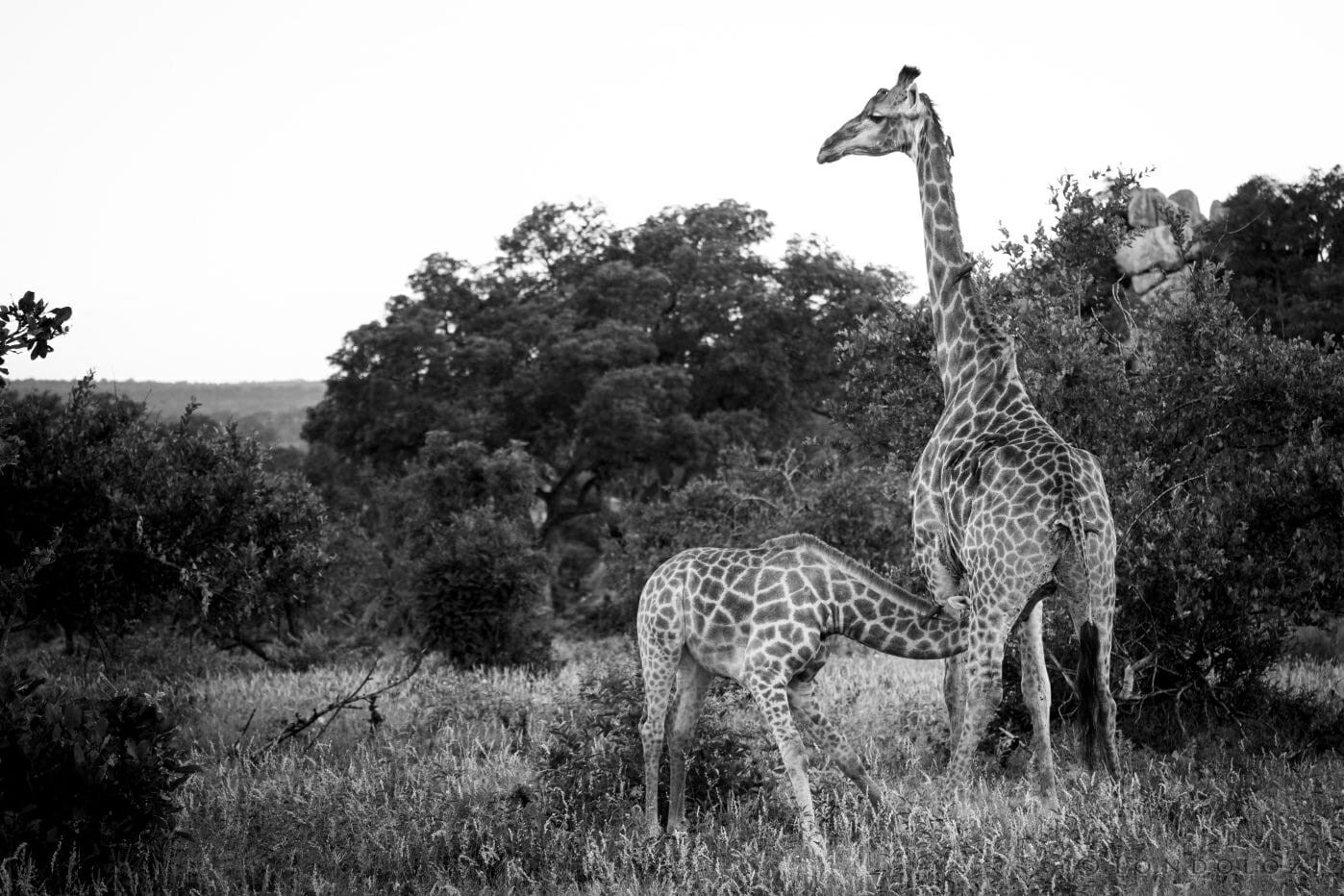Humans often perceive themselves as physically weaker than many animals. We can’t match the raw strength of a bear, the speed of a cheetah, or the venomous bite of a snake. But is our perceived weakness just a matter of physical capabilities, or does it extend to our immune systems? This article explores the complexities of immunity in both humans and wild animals and delves into the factors contributing to the perception of human frailty.
Building Immunity Through Exposure
Immunity develops through exposure to pathogens. When our immune system encounters a foreign invader, it learns to recognize and fight it off. This acquired immunity can also be passed from mother to offspring through nursing, providing temporary protection until the young develop their own defenses.
Wild animals, constantly exposed to diverse pathogens in their environment, often develop robust immunity from a young age. This early exposure, coupled with maternal antibodies, allows them to survive encounters with potentially deadly diseases. While they might still get sick, the severity is often reduced due to this prior exposure.
The Hygiene Hypothesis and Human Immunity
Humans, in contrast, often live in highly sanitized environments. While this protects us from many harmful microbes, it also limits our immune system’s exposure to a diverse range of pathogens. This lack of early exposure, coupled with reduced breastfeeding rates in some societies, can lead to a less developed immune response compared to wild animals. This is often referred to as the “Hygiene Hypothesis”.
This doesn’t necessarily mean human immune systems are inherently weaker. Our immune systems are highly complex and adaptable. We’ve developed sophisticated mechanisms to combat diseases, including vaccinations and antibiotics, which wild animals lack. Furthermore, some animals possess specific adaptations that allow them to consume things that would make humans extremely ill. For instance, scavengers like hyenas have incredibly strong stomach acid that neutralizes many harmful bacteria found in decaying flesh.
Survival Strategies and Sickness
Another key difference lies in how sickness manifests in humans and wild animals. Wild animals often mask signs of illness as a survival mechanism. Displaying weakness can make them vulnerable to predators or reduce their ability to compete for resources. Consequently, we only observe sickness in wild animals when they are severely ill, often near death. Humans, on the other hand, can afford to show symptoms and rest while recovering, thanks to societal support and access to medical care.
Different Adaptations, Different Strengths
Ultimately, comparing human and animal immunity is complex. While humans might seem physically weaker and more susceptible to certain diseases due to our sanitized lifestyles, our immune systems are highly adaptable and have evolved alongside our unique environment and behaviors. Wild animals have developed different strategies for survival, including robust digestive systems and the ability to mask illness. Both humans and animals have evolved unique immune systems tailored to the specific challenges they face in their respective environments.
